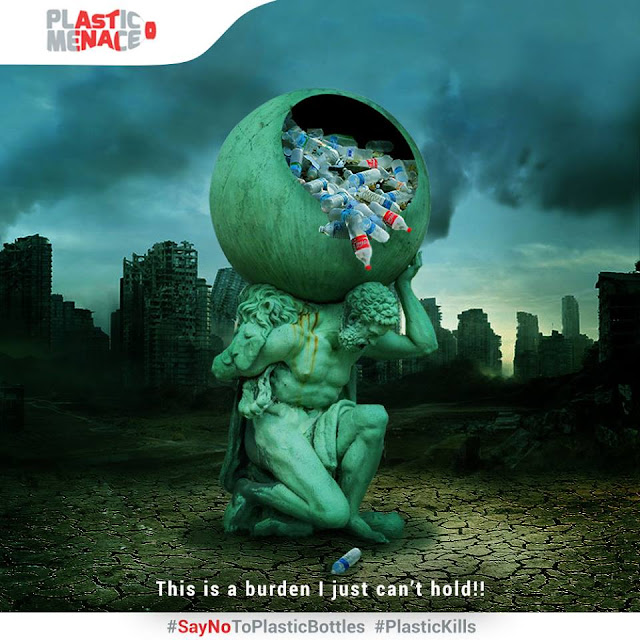The Impact of Water Bottle Pollution
Plastic bottles are used widely in our homes to store drinking water, aerated drinks, juices, sodas, milk, and more liquids. The most common type of plastic bottles manufactured is PET bottles, which require huge amounts of fossil fuels to produce. Single-use plastic water bottles are used to package mineral drinking water. Statistics reveal that more than 50 billion plastic water bottles are sold worldwide in a year. The plastic water bottles environmental impact of manufacturing these many bottles is very damaging. The production of plastic water bottles requires up to 17 million barrels of oil each year. This much quantity of oil is enough to fuel up to one million cars for an entire year. Additionally, it takes three times the volume of water to manufacture one bottle of water than it does to fill it. Because of the chemical process of manufacturing, the water cannot be used. Valuable and limited resources of the earth’s water and fossil fuel get wasted in the manufacturing of plastic water bottles.
Out of the 50 billion water bottles sold, only 23% of the bottles are picked up for the recycling process. This means that more than 38 billion plastic bottles end up in landfills around the globe. This results in large amounts of plastic waste. Water bottle facts on pollution clearly state that plastic is a nonbiodegradable material. A single water bottle takes more than 800 years to decompose naturally. They cannot even be recycled easily. When plastic bottles are recycled, they are actually broken down into smaller plastic particles which are further used in other plastic products.
The plastic bottles which do not get recycled properly end up as waste in the landfills. There are also discarded plastic bottles which make its way into our rivers and oceans. Environmentalists fear of the day when there will be more quantities of plastic in the oceans than fishes. Plastic bottle caps are not recyclable and often end up at the bottom of the ocean. The plastic water bottles environmental impact of the accumulating plastic waste in the landfills is that they leak slowly leak dangerous chemicals into the ground which causes land and water pollution.
Oceans and rivers which are full of plastic waste are extremely harmful to marine life. As the plastic is broken down into smaller fragments, fishes and other marine animals mistake this plastic waste for their usual food and die of suffocation or intestinal occlusion.
Plastic water bottles are also harmful to the physical health of people. Drinking water from plastic bottles can lead to several health problems. Water bottle facts on pollution reveal that most plastic bottles are manufactured using Bisphenol A (BPA), a chemical used to make the plastic hard and clear. BPA has been linked to heart diseases, early puberty in girls, reduced fertility in women, neurological difficulties, and even certain types of cancer. Drinking water from plastic bottles can lead to accidentally consumption of BPA. Plastic bottle also contains another harmful substance called Phthalates which can lead to reduced sperm count, testicular abnormality and other issues. Hence, there are many adverse health effects of drinking water from plastic bottles.




Comments
Post a Comment